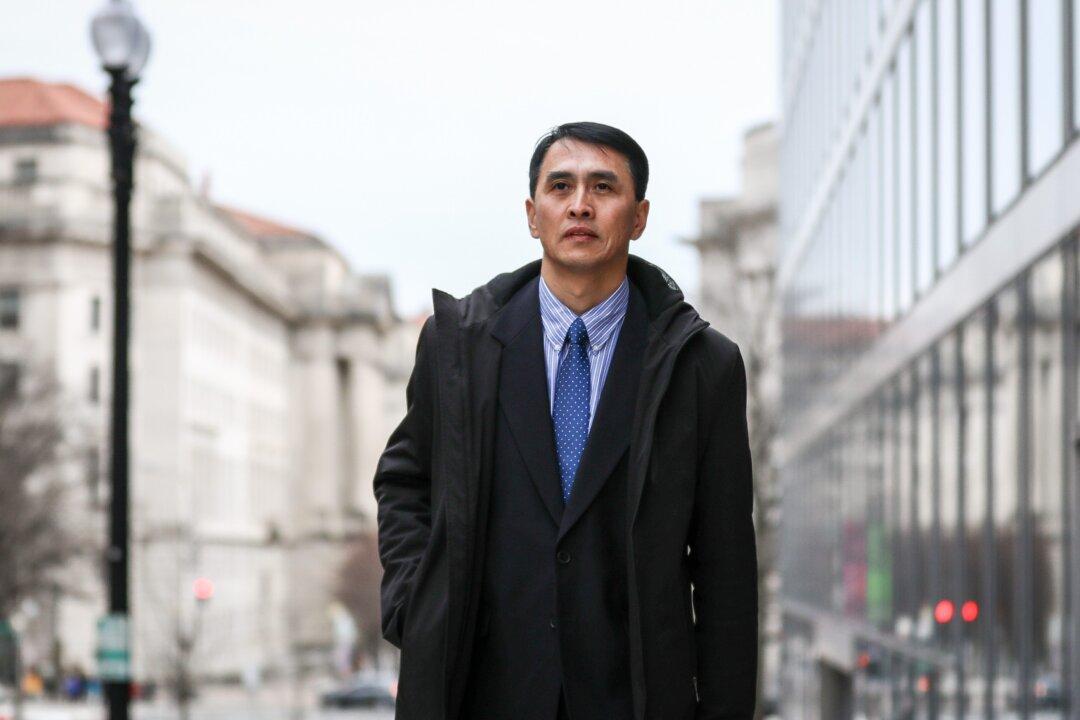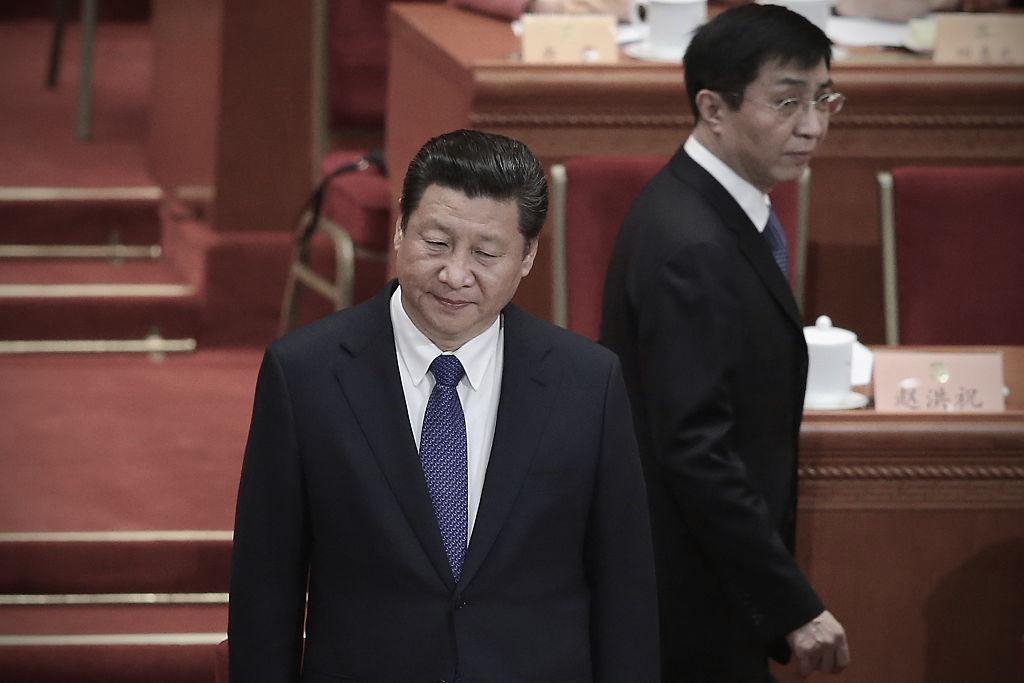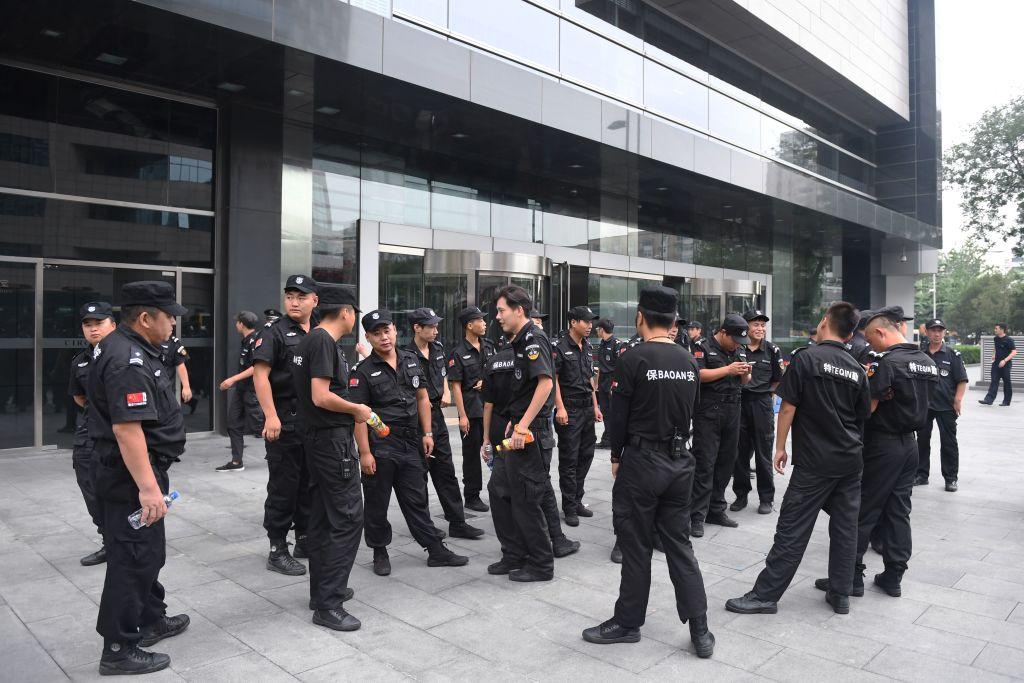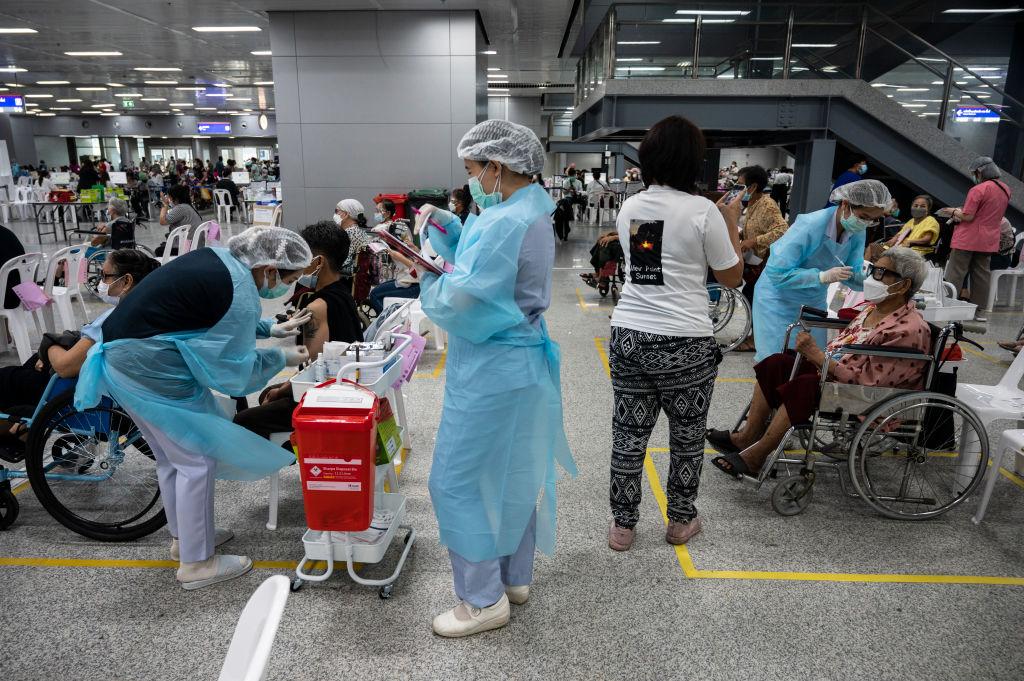WASHINGTON—A recent refugee from China has reported on what he has learned about the persecution of the Uyghur Muslim minority, telling of overstuffed prisons, abuse, torture, and the likely slaughter of prisoners of conscience through organ harvesting.
Yu said that individuals whose family members were once detained in Tailai Prison, in northeast China’s Heilongjiang Province, said the prison was emptied, then used to jail Uyghur detainees. Falun Gong practitioners who were once there had been divided into small groups, his contacts said, and relocated to different prisons.
Yu’s experience with the Chinese regime’s prisons began after the then-dictator Jiang Zemin launched a campaign in July 1999 to eradicate the practice of Falun Gong, also known as Falun Dafa.
Falun Gong involves living according to the principles of truthfulness, compassion, and tolerance and practicing meditative exercises. Soon after the practice’s introduction to the Chinese public in 1992, it grew popular across the country.
Same Methods
Yu said that from a few scattered reports about what has been happening in the “re-education camps” in Xinjiang, he could tell that the CCP is employing the same methods it has been using against Falun Gong practitioners to force them to give up their faith.For example, Uyghur detainees aren’t allowed to use the restroom for long periods of time, aren’t allowed to see a doctor when they are ill, are forced to stand for long periods of time as punishment, and are forced to perform drills like soldiers.
Even the lies, slogans, and propaganda are the same, Yu said. These places were depicted as “beautiful schools” with “bright classrooms, green grass, and trees,” with “loving police officers” taking good care of everyone, and so on.
Undercover Videos
Yu played video footage he had shot with hidden cameras inside Masanjia Labor Camp and Benxi Prison in Liaoning Province in China. In the footage, prisoners are shown performing slave labor, injured and bedridden due to severe torture, and, in one case, lying dead in a prison bed.After Yu was released from prison in 2017, he investigated the allegation that Chinese hospitals were harvesting organs from living prisoners of conscience for transplantation. He played footage secretly shot inside several hospitals in Beijing, showing patients admitting that they were able to obtain an organ within three months.
Yu said that in one instance, a patient told him that he was able to get another kidney only one day after his first transplant failed to function properly.
Yu said he had been subjected to blood tests at least three times while jailed, and the amount of blood drawn from him was far above the normal amount needed for regular health examinations.
Strong Action Needed
Kyle Olbert, director of operations of the East Turkistan National Awakening Movement, which advocates for the human rights of the peoples living in the region that China calls Xinjiang, said that Yu’s testimony was extremely powerful.“The extent to which the Chinese Communist Party is persecuting Falun Gong, Falun Dafa, is absolutely atrocious, and they need to be held responsible for it,” he said.
Olbert called on the U.S. Congress and other authorities throughout the free world to unite in condemning the CCP’s persecution of ethnic and religious minorities and “anybody else who refuses to be a cog in Chinese Communist Party’s ruthless machine. ”
He believes the Trump administration should impose strong Magnitsky Act sanctions against CCP officials who are directly responsible for the atrocities. The Global Magnitsky Act enables the U.S. government to sanction officials in other countries guilty of human rights abuses.
Trump’s Trade War
Yang Jianli, president of Citizen Power Initiatives for China, said that it was important that torture survivors like Yu Ming be given a forum to speak, as their experiences offer firsthand information about the Chinese regime’s prisons.Yang said he hopes that human rights and national security considerations can be relinked to trade, as these issues are interconnected in the first place. The biggest mistake the United States made in the past 30 years, he said, was disconnecting human rights from trade. The economic power the Chinese communist regime has gained through trade has enhanced its capacity for persecution and control.
At the same time, the CCP’s fear of losing power has driven it to more extreme measures for controlling and suppressing its people, Yang said.
Many Americans have now realized that they made a big mistake by believing that engaging China and helping it to develop economically first would “automatically” induce democracy and freedom there, Yang said. However, rectifying that mistake will take time.
President Donald Trump’s trade war with China has opened a window for the United States to reconfigure its relations with China and led many people to reevaluate the relations between the two countries, Yang said.
“Because of this re-evaluation, people realized, we acted too late. China has become the largest threat to the U.S.,“ he said. ”And the reason why it is the largest threat is not because of China’s economic power, but because of its system.
“The nature of its political system has not changed. It is an autocratic regime. After it had more money, it became more and more like fascism.”
Yang said that although Trump hasn’t openly expressed any intention to change China’s political system, more and more American are realizing that an ideological battle with the CCP has become inevitable. In the meantime, the general public has a responsibility to push for change, he says.




